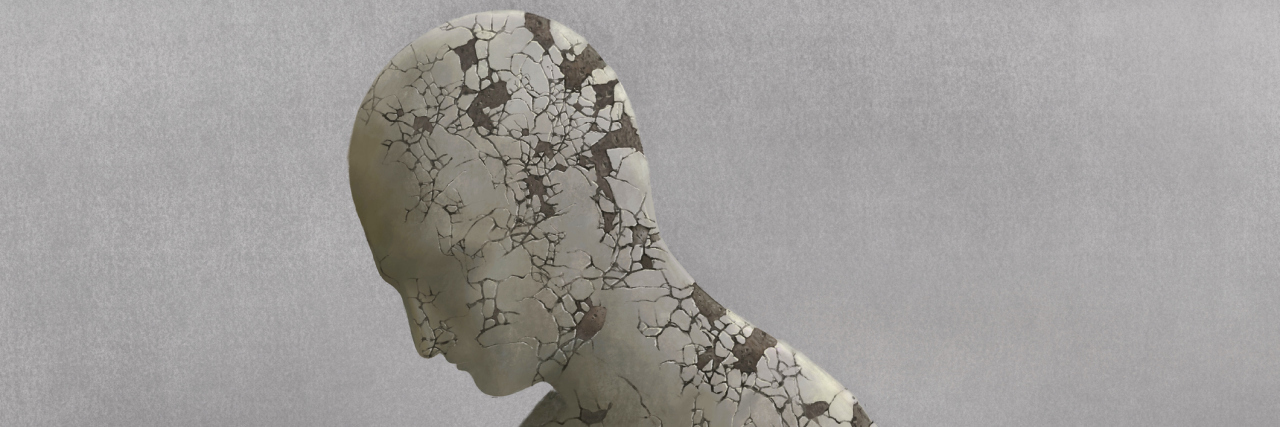“When the Jester sang for the King and Queen
In a coat, he borrowed from James Dean
And a voice that came from you and me
And while the King was looking down
The Jester stole his thorny crown.”
You could listen to the words of “American Pie” by Don McLean and easily attribute it to “the day the music died,” that fateful February 3, 1959 when rock and roll lost three icons: Richie Valens, Buddy Holly and J.P. Richardson, three young men whose songs of love, adventure and loss made them instant stars, whose lights burnt out far too soon.
• What is Bipolar disorder?
If you listen deeper in the song, it’s Don McLean telling us about sadness and despair, something that is no great surprise to people with bipolar disorder. Listen closely to the second half of the first verse:
“And I knew if I had my chance
That I could make those people dance
And maybe they’d be happy for a while.”
Bipolar disorder is all about making people dance, in my opinion. It’s about the excitement that comes from the adrenal response of getting a positive reaction from others. We start out our lives with a curiosity that fuels everything we do. At some point, we reach a zenith of success with this and hopefully grow into a world where our happiness is predicated on achievement, love and affection.
Those of us who don’t make that leap still want love and affection, but sometimes we only know how it feels when it comes from positive reactions from others. As time goes on, we may realize any reaction is better than none at all. Sometimes, our minds become programmed to act impulsively, knowing that hearing our own voice in a conversation gives us a sense of belonging.
This might start out innocently with interruption and humor — some of us have a worldview where we think others want those cheap thrills, that they also just want to laugh since we don’t realize their self-esteem might originate from that sense of achievement and acceptance they may have already. They might not need that adrenal response.
As this progresses, our brain works to create all of the personality traits of a person with bipolar disorder. Some of us take huge chances in our interactions with others, knowing deep down, a lot of them will fail, just hoping to get that fix.
It’s an insidious addiction I feel like no one really understands outside of mental health practitioners. With the advent of social media, many of us have collectively wired our brains to know we can say anything and get a response. Much like any other addiction, there is a trillion dollar industry out there. Instead of pushing cocaine, amphetamines and other illicit substances, large companies are pushing that instant gratification that comes from an entire culture of interruption and humor.
There is a generation of young people, many of whom only feel they can get their validation from getting a rise out of others. The collective conscious has now been rewired so even people without mental illness exhibit these tendencies. However, in many cases, they have passed the zenith into that portion of their lives where they can get validation internally from their own achievements.
The rest of us might partake in all of the necessary hits to get that high.
I have left a path of destruction behind me — a failed marriage, many failed jobs and relationships because of my addiction, because of the song that plays in my head when I am high on that adrenaline.
Today, the music dies. Today is the beginning of my recovery.
Getty image by Jorm Sangsorn

